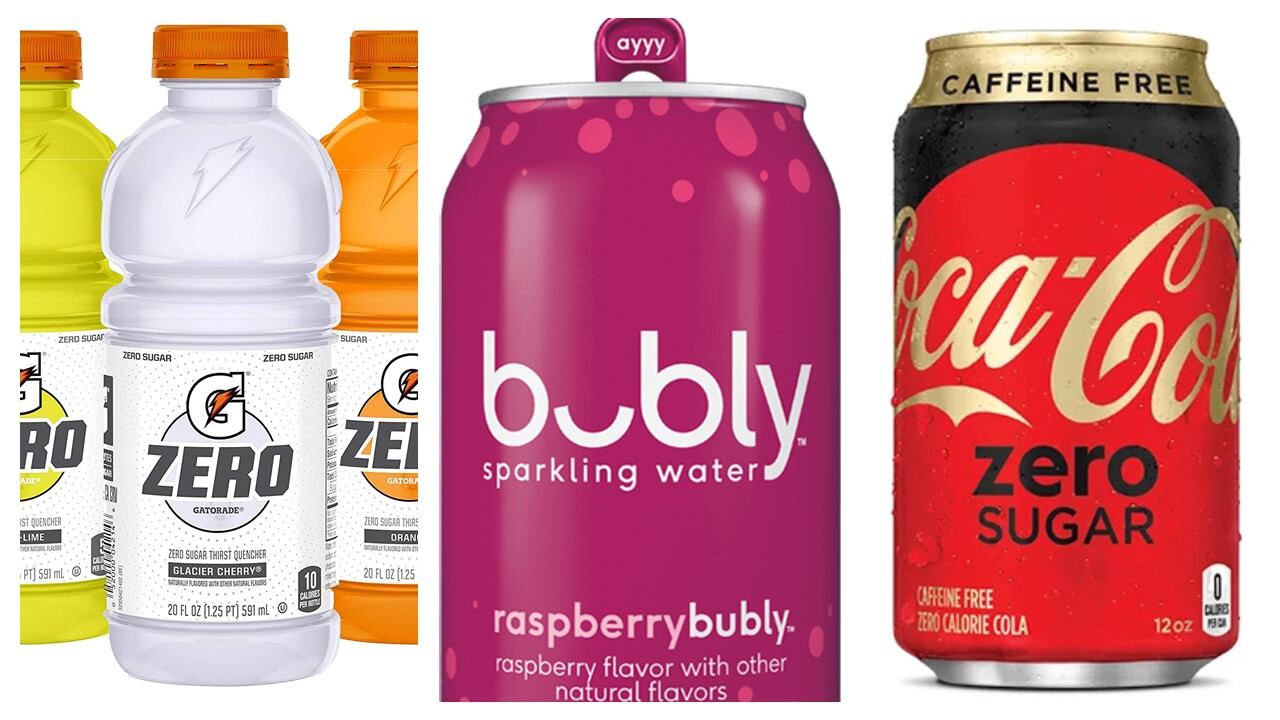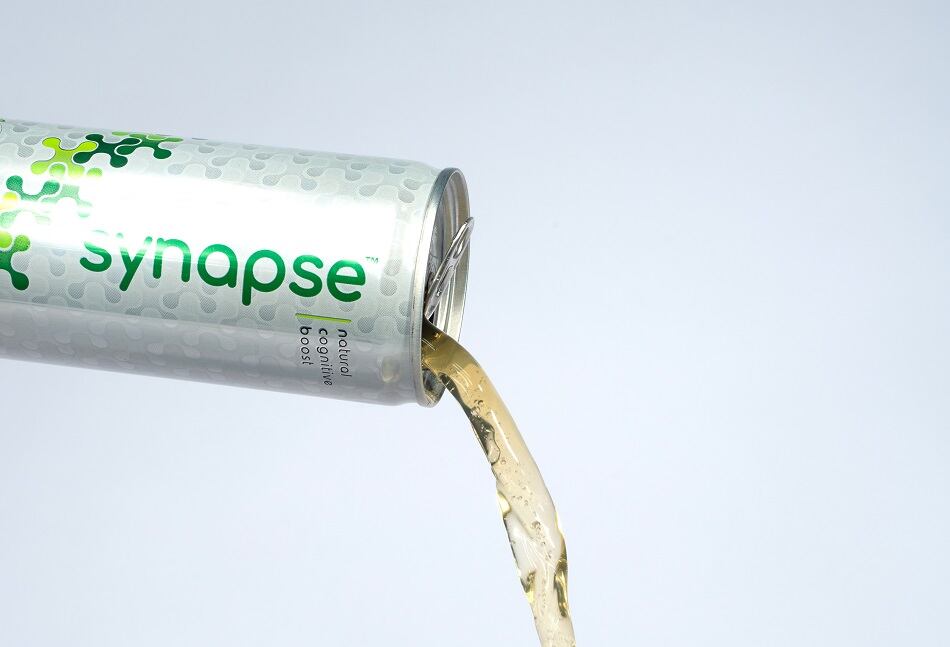The slowdown in energy drink sales and corresponding uptick in coffee consumption can be traced back in large part to shifts in where consumers are shopping during the pandemic, but also to their emotional needs and the corresponding benefits each beverage offers, according to Packaged Fact’s US Beverage Market Outlook 2020: Grocery Shopping & Personal Consumption in the Coronavirus Era.
The report explains that energy drink sales have slowed – but are still growing year-over-year – during the pandemic because most are sold in convenience stores, which have experienced a dramatic drop-off in foot traffic since the coronavirus outbreak occurred.
“Some 56% of energy and sports sales are from c-stores, with energy drinks relying on the channel for about 70% of sales,” according to the report.
“During the coronavirus pandemic, especially in the initial panic wave, most consumers shifted grocery purchases to large grocery chains, mass merchandisers and club stores,” where they could purchase all their household needs in one stop, it adds. “Beverage sales in convenience stores, especially those linked to gas stations, have been hurt the most, as people are driving far less and core customers like laborers are not working in many areas.”
Wide distribution gives coffee an edge
Coffee, on the other hand, is sold in most of the places that shoppers have gravitated since the outbreak, including online – where Packaged Facts reports it does extremely well compared to other foods and beverages.
“Internet food sales are growing rapidly, but still represent a very small share of sales. E-commerce’s impact varies by category, ranging from less than 1% to 3% of sales. Coffee and tea sell the best, while dairy beverages and juices underperform,” the report notes.
Coffee’s success online relies in part on it being shelf stable, but also because many coffee brands embraced the direct-to-consumer model, offering subscriptions of unique offerings that both gave consumers something to look forward to and took care of a necessity, according to the report.
For example, MistoBox is a coffee subscription service that allows consumers to create a taste profile to personalize deliveries; Seattle-based Bean Box offers selections from local roasters; Trade offers coffee from artisanal roasters and Canary Cold Brew offers ready-to-drink cans of cold brew, according to the report.
Overall, coffee sales are projected to increase 8.3% from $14.7b in 2019 to reach $15.98b in 2020, according to Packaged Facts, which predicts the category will continue to grow at a compound annual growth rate of 3.1% from 2019 through 2024.
Energy drinks have a strong outlook
While energy drinks may be projected to grow only 3.67% from $23.7b in 2019 to $24.5b in 2020, Packaged Facts predicts sales will rebound as pandemic related restrictions ease to reach a compound annual growth rate of 6.1% from 2019 to 2024.
It notes that part of this growth comes from the category tapping into other growth driving trends, including plant-based.
“Energy drinks have become an active segment for inclusion of plant ingredients into formulations” that allow manufacturers to make claims about enhanced memory, focus and mental clarity, the report notes.
For example, it points to MatchaBar’s Hustle plant-based energy drink made with matcha and fruit juice and Monster Energy’s Java Monster Farmer’s Oats, which is the company first vegan energy drink.
In addition, a new generation of cleaner label energy drinks are coming to market and gaining traction with more wellness-oriented consumers. For example, Mamma Chia’s Clean Energy Beverages, which are made with chia and ‘clean’ caffeine from yerba mate and green coffee bean, or Proper Wild’s plant-based fruit- and vegetable-packed shots, which are marketed as “Clean All Day Energy,” the report notes.
Finally, Packaged Facts sees long term potential for both energy drinks and coffee in the emerging ‘hybrid drinks’ category, which caters to consumer desire for “functionality, uniqueness and pleasure from beverages.”
For example, energy drinks are adding electrolytes and touting hydration, while coffees are being blended with plant-based waters, such as coconut and maple, the report notes.
Looking forward, it adds: “This is a trend that should see continued expansion since consumers seem to have an insatiable desire for new and more satisfying drinks that often defy categorization.”



